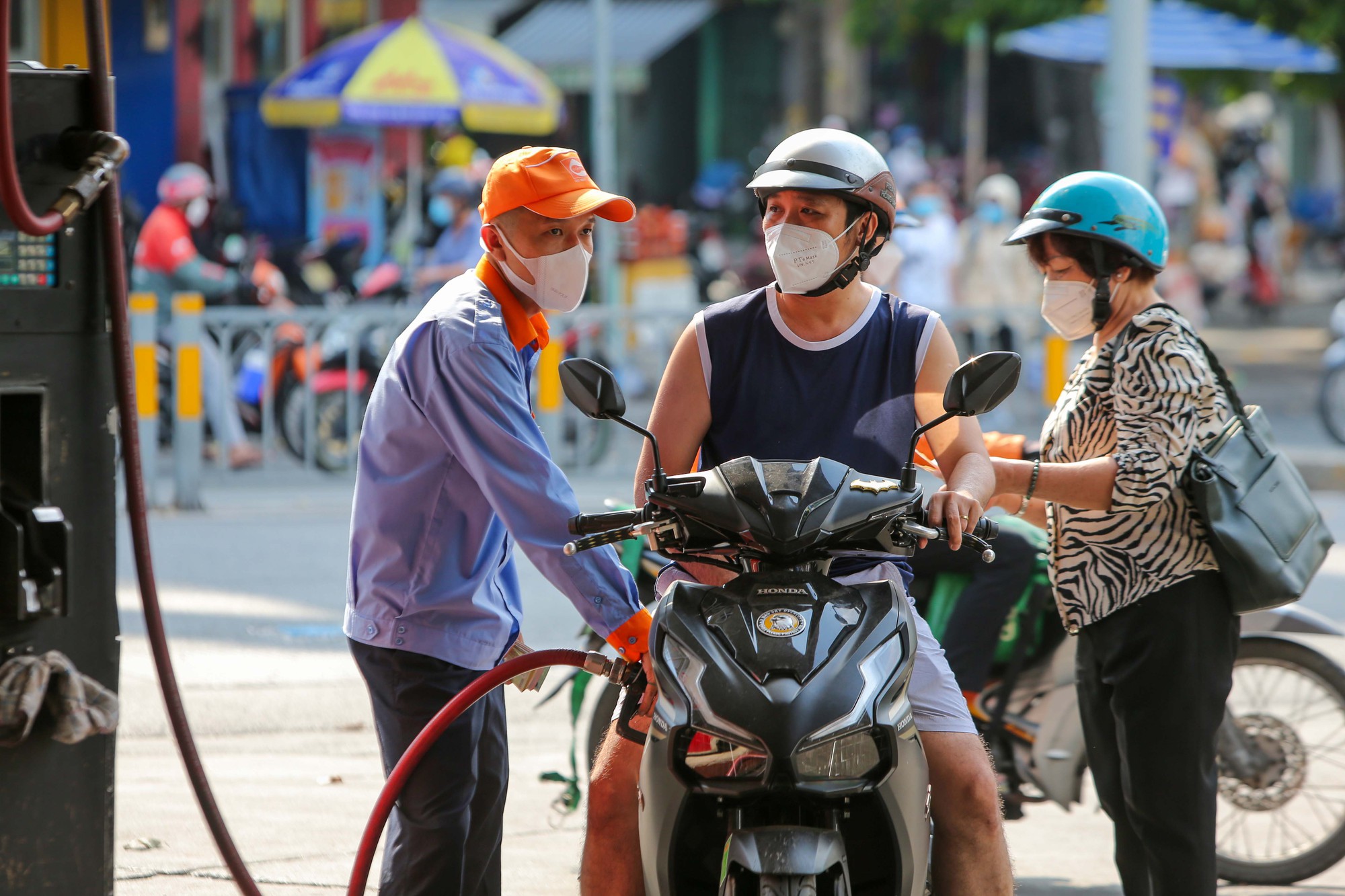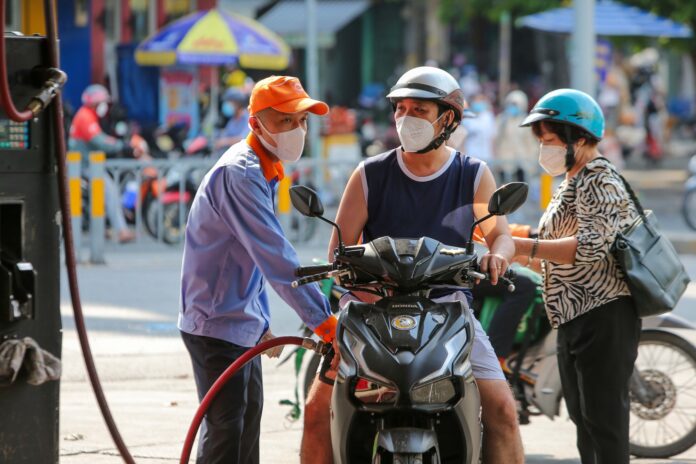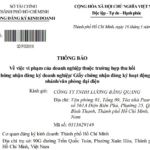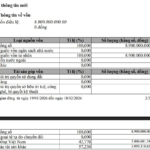The Ministry of Industry and Trade has finalized the fourth draft of the Decree on Gasoline Trading.
In this draft, instead of being retained by the wholesale enterprises as currently practiced, the price stabilization fund balance for gasoline will be considered for transfer to the state budget, with the fund’s establishment, collection, and utilization following the 2023 Law on Pricing.

Proposal to transfer the gasoline price stabilization fund from enterprises to state management
In cases where market prices of gasoline products experience abnormal fluctuations that significantly impact the economy, society, production, business, and people’s lives, the Ministry of Industry and Trade will take the lead and coordinate with relevant ministries and sectors to assess the extent of price fluctuations and their impact. They will then send a document to the Ministry of Finance for synthesis and submission to the Government for consideration and decision on price stabilization policies as prescribed in Clause 1, Article 20 of the Law on Pricing.
In situations where a competent authority declares a state of emergency, accident, disaster, natural calamity, or epidemic, and market prices of gasoline products fluctuate abnormally, the Ministry of Industry and Trade will coordinate with relevant ministries and sectors to evaluate the practical situation and market prices of gasoline. They will then send a document to the Ministry of Finance for synthesis and submission to the Government for decision on appropriate price stabilization policies, measures, and timelines as prescribed in Clause 2, Article 20 of the Law on Pricing.
To implement these regulations, the Ministry of Industry and Trade requests the Ministry of Finance to determine the balance of the gasoline price stabilization fund and guide wholesale gasoline trading enterprises to transfer and pay the balance of the fund into the state budget.
According to the latest data published by the Ministry of Finance on December 31, 2023, the balance of the gasoline price stabilization fund was VND 6,655 billion. In the adjustment periods from the beginning of 2024 up to now, the Ministry of Industry and Trade and the Ministry of Finance have not used the fund, and there have been some periods where the fund has been collected for some oil products.
As of the end of 2023, reports showed that the Vietnam Petroleum Corporation had the largest fund balance of over VND 3,052 billion, accounting for 40% of the total fund balance. Following this, Hai Ha Water and Land Transport Company had nearly VND 612.8 billion, Thien Minh Duc Corporation had nearly VND 466.8 billion, Dong Thap Petroleum Trading Joint Stock Company had VND 446.25 billion, and Military Petroleum One-Member Limited Company had VND 292 billion…
Meanwhile, the Ministry of Industry and Trade maintains the view that wholesale and retail gasoline prices inside and outside the system are determined by wholesale gasoline trading enterprises and gasoline distributors, and should not exceed the selling prices calculated according to the prescribed formula.
Wholesale enterprises are responsible for notifying and declaring selling prices to the Ministry of Industry and Trade after the traders have announced their gasoline selling prices.
Unveiling the Background of the Three Fuel Enterprises that Were Inspected and Penalized
The General Department of Market Management – Ministry of Industry and Trade has reported that the market management force has inspected and fined several key traders, including: Thiên Minh Đức Group Joint Stock Company, Appollo Oil Joint Stock Company, and Trung Linh Phát Limited Company for numerous violations in gasoline trading.
Is the Fuel Price Stabilization Fund Still Necessary for Market Regulation?
For decades, the Price Stabilization Fund for gasoline and oil has been a critical tool for the Government to ensure price stability and prevent shocks when the global oil market fluctuates. However, with the changing landscape of the oil industry, both in terms of pricing and product structure, the question arises: is this fund still necessary in its current form? The debate surrounding the relevance and effectiveness of this long-standing mechanism is an intriguing one, especially given the distinct shifts in the oil market dynamics.
Is the Fuel Price Stabilization Fund Still Necessary for Market Regulation?
“There have been calls for a shift in the management of the gasoline and oil price stabilization fund. Bui Ngoc Bao, Chairman of the Vietnam Petroleum Association, suggested that if the fund is to be maintained, it should be managed by the state rather than the enterprises themselves, as is currently the practice.”



















